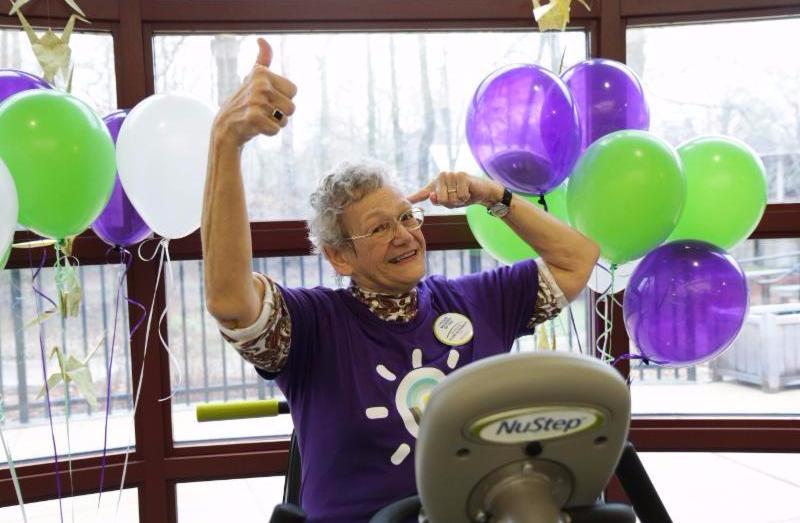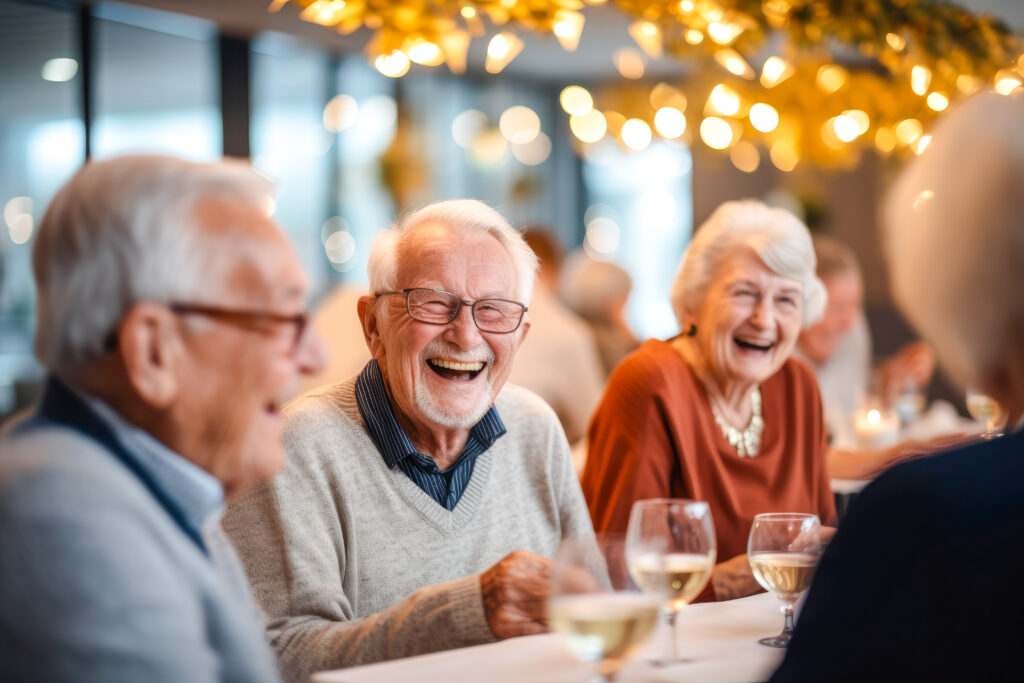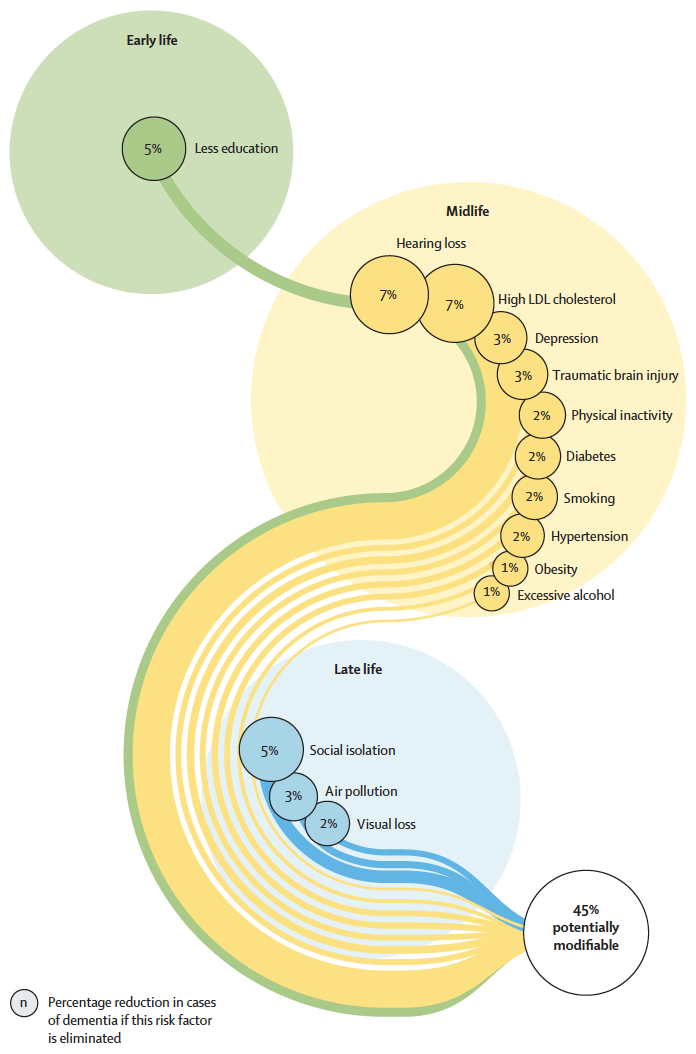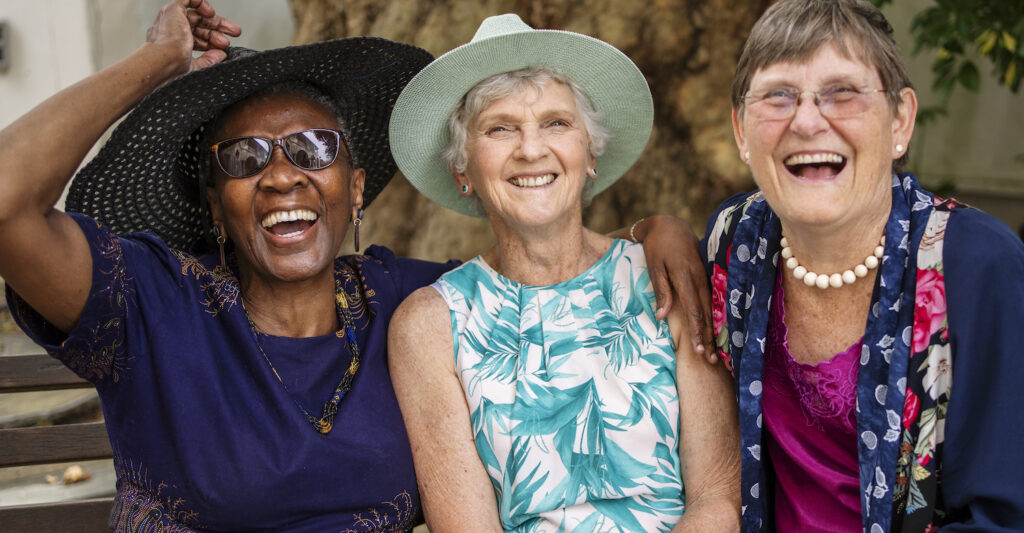
Your COVID Recovery Plan Needs Brain Health
Here’s why your community must have full-on, engaging cognitive fitness right now
After months of forced isolation, community members are starved for opportunities to challenge their minds, move their bodies, and connect with friends new and old.
Chances are that while they remain grateful for all you did to keep them safe and distracted during the initial COVID19 crisis, they have grown weary of puzzle packets and streaming travelogues. They know – as you do – that keeping busy is not the same as staying vibrant.
Why Wellness Matters Right Now
As vaccines roll out and the end of the pandemic is in sight, the tremendous damage done by over a year of forced isolation and curtailed engagement has become even more apparent. We are seeing the costs in accelerated cognitive decline, along with physical and mental frailty.
That’s why, perhaps now more than ever, we need to think about wellness – full on, incredibly engaging wellness! – as the best path to helping our clients get back on track cognitively as well as physically and emotionally.
How are Cognitive Health and Wellness Related?
Cognitive health and overall well-being go hand-in-hand. A recent study found eliminating 12 lifestyle factors would reduce global dementia rates by a whopping 40%. Those factors included known risks such as hypertension and diabetes, as well as less recognized ones, such as isolation and depression. Experts suggest that individuals living with dementia also benefit greatly from wellness interventions, which not only improve their daily experience but may slow disease progression.
And brain fitness is integral to overall wellness. Healthy aging research documents that cognitive interventions, including training in cognitive skills and intellectual engagement, are key to continued vitality in the third stage of life. For example, brain wellness programs have been found to improve self-efficacy and confidence, which organizations such as the World Health Organization have identified as central to successful aging. When individuals understand that they have influence over feared health outcomes such as memory loss, they are more likely to engage in the activities that keep them healthy.
What Can You Do? Start with Brain Health!
As you plan ways to help your community recover from these past months, I suggest you start with brain health. Months of isolation and limited stimulation have left folks more worried than ever about their thinking. Why not use the popularity of brain fitness to empower recovery, re-engage them in wellness, and highlight the benefits of wellness overall?
And if you want cognitive training in your communities to be empowering and meaningful, start from wellness! So many still wrongly believe that crossword puzzles matter more to their thinking than healthy eating or staying socially connected. Wellness-based brain training even gives you the chance to showcase other aspects of your programming and engage community members in them more fully.
As active aging professionals, we can lead the way and inspire those we serve towards meaningful, robust recovery. Now is the time to re-envision how you will deliver the tools everyone needs most right now to renew cognitive vitality and overall well-being. Wellness-based brain training is the perfect place to begin.



